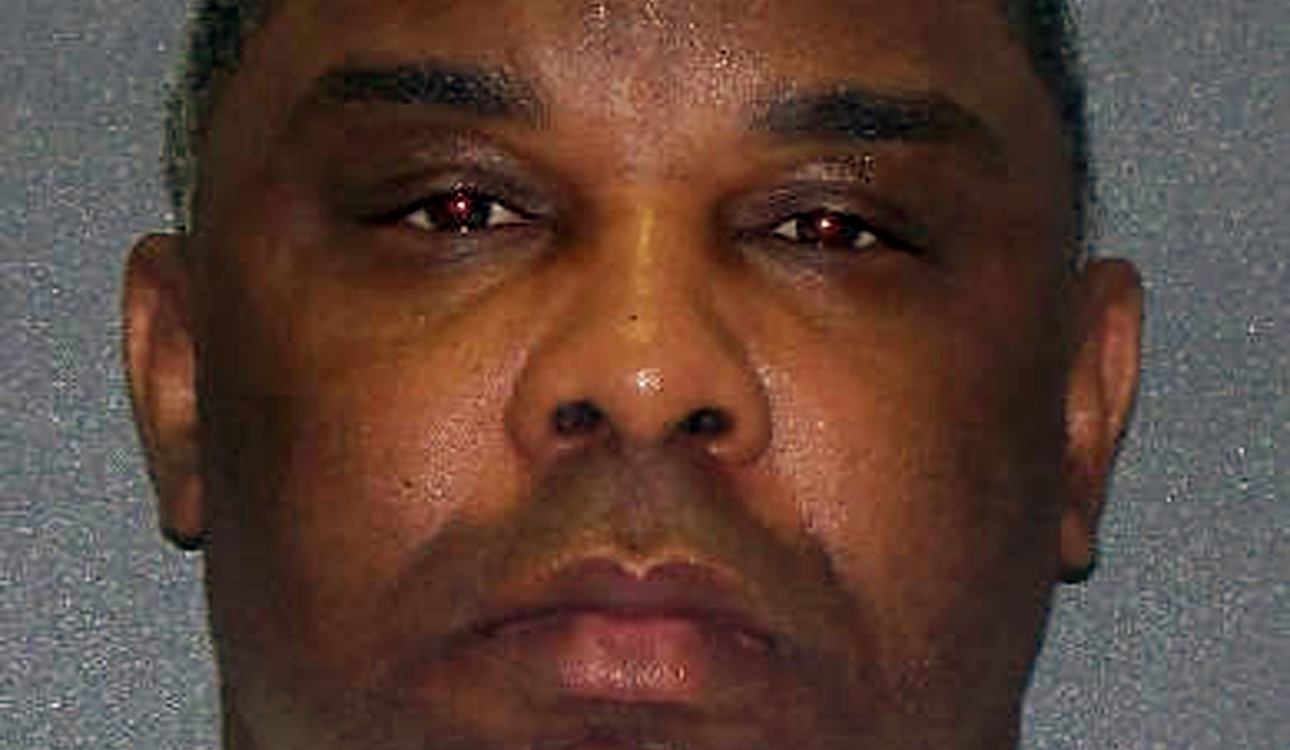By Michael Graczyk
Associated Press
HOUSTON — A federal court judge exceeded her authority by granting a reprieve to a Texas man sentenced to death in the slaying of a 12-year-old girl near Houston 12 years ago, the state attorney general’s office said Tuesday.
Jonathan Green, 44, had been scheduled for execution tonight for the abduction, rape and strangulation of Christina Neal, whose body was found at his home in Montgomery County in June 2000. On Monday, U.S. District Judge Nancy Atlas ruled that a state judge had violated due process in 2010 by finding Green mentally competent for the death penalty.
Asking a federal appeals court to overturn Atlas’ ruling, Assistant Attorney General Tomee Heining argued Tuesday that Green’s appeal violated federal precedent by bringing up evidence not presented at trial, and that the lower court abused its authority in its decision.
“Green’s competency has been thoroughly explored in state court and does not require further investigation,” Heining told the 5th U.S. Circuit Court of Appeals. “Green was given the opportunity to present, through appointed counsel, expert testimony, evidence, and argument on the issue of his competency to be executed.” James Rytting, one of Green’s attorneys, said the state’s argument contained “misstatements and mischaracterizations” and urged the 5th Circuit uphold the reprieve.
“Vacating the stay will deny Mr. Green’s right to develop his competency claim in federal proceedings,” he told the New Orleans-based court. Rytting said the constitutional question was whether Green now was incompetent for execution since evidence from his petition in 2010 now was out of date.
A psychiatrist who examined Green for a June 2010 competency hearing found him schizophrenic and with a “firm delusional belief … that he did not and could not have killed Christina Neal.” Rytting said his client had described hallucinations of “ongoing spiritual warfare between two sets of voices representing good and evil.”
The U.S. Supreme Court has held that mental illness doesn’t disqualify someone from execution as long as they understand the sentence and why they’re being punished.
A psychologist who testified for the state at the 2010 hearing found Green’s thoughts and behavior during interviews to be well organized, and said Green complained of false evidence at trial, and that he described how he would be put on a table and receive an injection that would kill him.
“Green certainly knows the fact of his impending execution and the reason for it,” Heining said Tuesday. Green, who lived across the highway from Christina’s family in Dobbin, about 45 miles northwest of Houston, first came to investigators’ attention when his wallet was found in some woods near clothing and jewelry that belonged to the girl. But they found nothing else of significance at the time.
Evidence presented at trial showed she had been buried in a shallow grave on Green’s property but her body was removed before investigators could get a warrant to search his land. Prosecutors said Green had tried to burn Christina’s body.
DNA recovered from Christina’s remains connected Green to her slaying. A carpet fiber detected on her panties found in the woods came from a carpet at his home.






